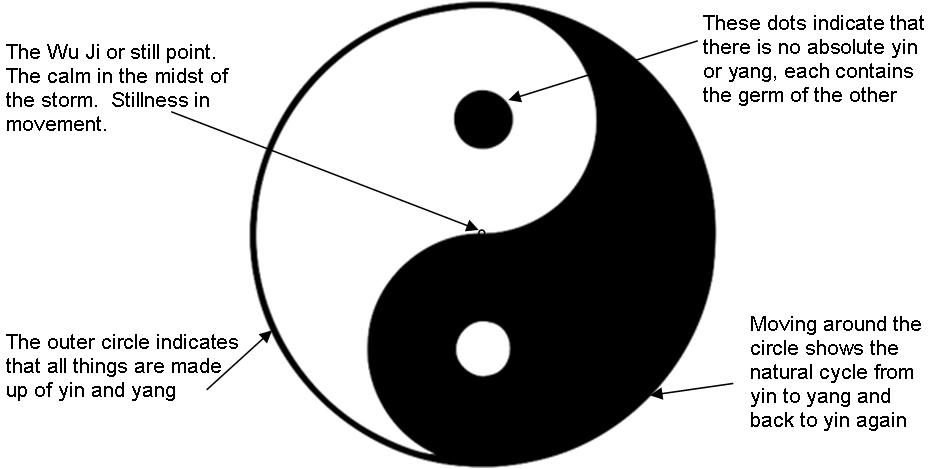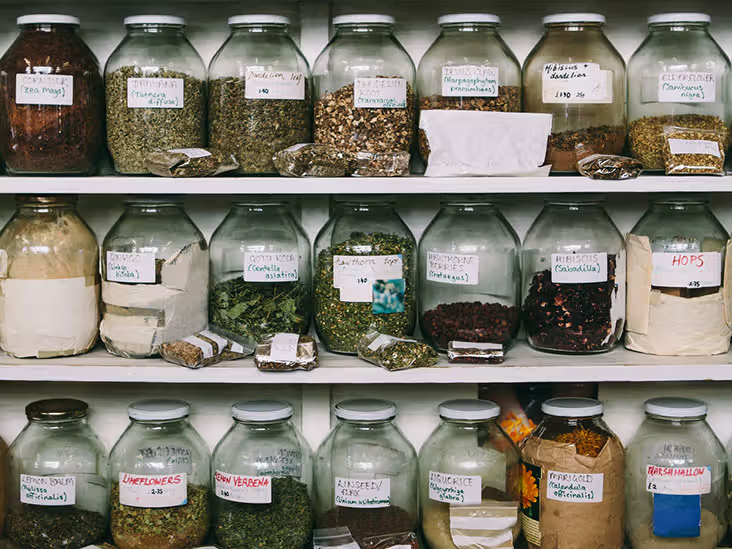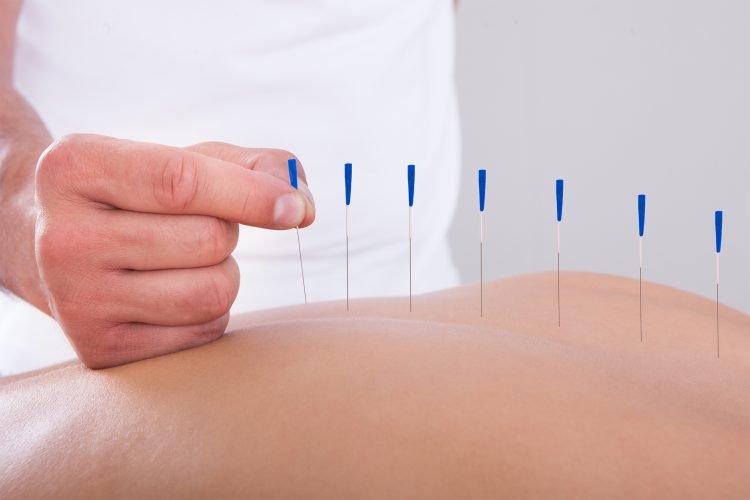I first came across Traditional Chinese Medicine (TCM) years ago, and I’ll admit, I was skeptical. The idea that herbal remedies, acupuncture, and Qi (pronounced “chee”) could replace modern medicine seemed far-fetched. But then I started hearing stories. A colleague swore by acupuncture for their chronic migraines. A friend healed a stubborn digestive issue with Chinese herbs after years of failed attempts with Western treatments. This piqued my curiosity, and the more I dug in, the more fascinating it became.
What I’ve learned over the years is that TCM is not just some “alternative” therapy. It’s a deep, holistic approach that has stood the test of time—thousands of years, in fact. The beauty of TCM lies in how it views the body as an interconnected system, not just isolated symptoms to be treated. And while I might not personally love the bitter taste of some herbal concoctions, I can’t deny their effectiveness. So let’s dive into what TCM is, how it works, and why it might just be the missing piece for so many health issues we face today.
How Traditional Chinese Medicine Views the Body
The first thing that stands out in TCM is its unique view of health and disease. Unlike Western medicine, which often zooms in on specific problems (like an infection or a broken bone), TCM looks at the whole person. It’s all about balance—between the body, the mind, and the environment. I’ve come to appreciate this because life is rarely simple, and TCM seems to understand that.
Qi: The Vital Life Force
At the heart of TCM is the concept of Qi, or life force energy. It flows through the body in specific pathways called meridians. When Qi is flowing smoothly, you feel good—energized, balanced, and healthy. When it’s blocked or deficient, that’s when problems arise. You may experience anything from fatigue to serious illnesses. I’ve had a few acupuncture sessions myself, and while I can’t say I “felt” my Qi moving, I did notice a difference in how my body felt—lighter, more relaxed.
The Role of Yin and Yang

Another cornerstone of TCM is the balance between Yin and Yang. Yin represents cooling, calming energies, while Yang is more active and heating. Think of them as complementary opposites that need to be in harmony for optimal health. Too much Yin, and you might feel lethargic or cold. Too much Yang, and you could experience inflammation or anxiety. I love how this concept makes me think about my life holistically—am I running myself ragged? Or am I spending too much time being inactive?
How Traditional Chinese Medicine Treats Disease
In TCM, treatments are never one-size-fits-all. If five people came to a TCM practitioner with the same Western diagnosis, they might each get a different treatment plan. This individualized approach really resonates with me, as I believe no two people are exactly alike.
Herbal Medicine: Nature’s Pharmacy
One of the most fascinating aspects of TCM is its use of herbal remedies. These formulas can contain anywhere from a few to dozens of herbs, each playing a specific role. I once met a woman who used Chinese herbs to help with her fertility struggles. She had tried everything in Western medicine with no success, but after a few months on a TCM formula, she became pregnant. It’s stories like these that really showcase the power of herbal medicine.
But let’s be honest—some of these concoctions don’t taste great. I’ve had a few that were bitter enough to make my face scrunch up, but hey, if it works, it works! Many people prefer taking these herbs in pill form, which can make the experience a lot more pleasant.

Acupuncture: More Than Just Needles
I’ll never forget my first acupuncture session. I was terrified of needles, and the thought of someone sticking a bunch of them into my skin sounded like torture. But to my surprise, it wasn’t painful at all. In fact, it was oddly relaxing. Acupuncture works by stimulating specific points along the meridians to restore the flow of Qi. While I initially thought it was all a placebo, I left my session feeling lighter and more centered. Research has shown acupuncture can help with a wide range of issues, from chronic pain to anxiety. I’ve even seen it work wonders for people with allergies!

The Benefits of Traditional Chinese Medicine in Modern Times
In a world where we are constantly bombarded with stress and processed foods, TCM offers a breath of fresh air. It’s a way to get back in touch with natural cycles and rhythms that our bodies crave but often miss in the hustle of modern life.
Treating the Root Cause
One of the things I love about TCM is its focus on treating the root cause, not just the symptoms. If you go to a TCM practitioner with insomnia, they won’t just give you something to help you sleep. They’ll look at why you’re having trouble sleeping in the first place. Are you too stressed? Is your diet out of balance? Are you spending too much time staring at screens? This approach can be more effective in the long run because it promotes true healing, not just symptom management.
Preventative Medicine
Another thing TCM excels at is prevention. Rather than waiting for a full-blown disease to manifest, TCM encourages you to pay attention to subtle signs of imbalance. If you’re feeling a little off—maybe you’re tired, irritable, or catching colds easily—a TCM practitioner might suggest small changes to your diet or lifestyle to restore balance before things get worse. It’s this focus on preventative care that I find so appealing in our fast-paced world.
Practical Applications of Traditional Chinese Medicine
For anyone considering TCM, the first thing I’d say is: give it time. TCM works slowly and gently, which is one reason I respect it. It’s not about masking symptoms quickly with drugs; it’s about long-term healing. Whether you’re dealing with something chronic like arthritis or something acute like a cold, there’s likely a TCM solution that can help.
Foods as Medicine
In TCM, food is a major part of treatment. The idea that what we eat directly influences our health is something we’ve all heard, but TCM takes it a step further. Foods are classified as hot, cold, neutral, or damp, and eating the wrong type for your body type or condition can throw you off balance. I once tried following a TCM diet, incorporating more warming foods like ginger and cinnamon into my routine during the winter. Not only did I feel more energized, but I also stopped getting those pesky seasonal colds.
Conclusion
Traditional Chinese Medicine offers a holistic, time-tested approach to healing that is still highly relevant today. By focusing on balance, Qi, and the interconnectedness of the body, TCM provides a unique and effective way to treat both chronic and acute conditions. Whether you’re drawn to acupuncture, herbal medicine, or simply looking for a more preventative approach to health, TCM has something to offer. And while it may not always be the fastest solution, its emphasis on long-term well-being is something we could all use a little more of. If you’re new to TCM, my advice is to approach it with an open mind and give it the time it deserves—you might just be surprised at how powerful it can be.








